Royal finances: the King’s inheritance
King Charles III may come under pressure ‘to keep costs down’
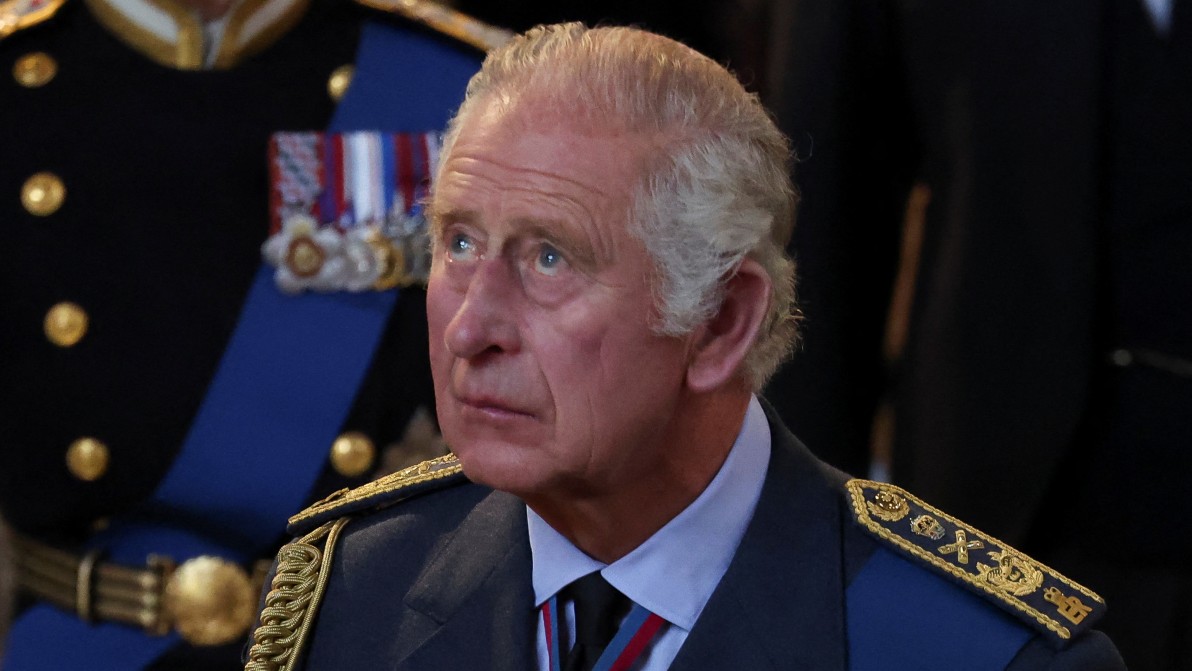
A free daily email with the biggest news stories of the day – and the best features from TheWeek.com
You are now subscribed
Your newsletter sign-up was successful
The Firm’s new chief executive, King Charles III, inherits vast riches, but must operate on a tight budget.
How rich is the monarch?
It’s a moot point. When The Sunday Times published its first Rich List in 1989, the late Queen was right at the top of the pile, with a fortune put at £5.2bn, which also made her one of the richest people in the world. This year, said Alistair MacDonald in The Wall Street Journal, she didn’t make it into the top 250, with a fortune put at just £370m. The reason is that in recent years, the Queen appeared on the list in a strictly private capacity: much of the Royal Family’s property, along with its “vast collection of palaces, jewels and art, are owned by the family in name only”.
Her father, George VI, nicknamed the Royal Family “the Firm”, says Andrew Hill in the FT. But unlike any normal company boss, the Queen was “highly constrained by legislation and tradition”. The same will apply to her son.
The Week
Escape your echo chamber. Get the facts behind the news, plus analysis from multiple perspectives.

Sign up for The Week's Free Newsletters
From our morning news briefing to a weekly Good News Newsletter, get the best of The Week delivered directly to your inbox.
From our morning news briefing to a weekly Good News Newsletter, get the best of The Week delivered directly to your inbox.
What’s the main source of wealth?
The Crown Estate has a portfolio worth £15.6bn, said DW.com – making it “one of the largest property groups in Europe”. Its holdings range from vast tracts of central London, including Regent Street, to more than half the UK’s seashore, “giving it hugely valuable auction rights for offshore commercial activity like windfarms”.
The estate produced a net profit of £312.7m in 2021/22. The bulk of this goes to the Government – an arrangement dating back to 1760, when George III was forced to ask Parliament to pay his debts in return for an annual stipend, now known as the Sovereign Grant. In 2017, the Queen struck a deal to receive 25% of profits for the next ten years to pay for the business of monarchy, including the £369m refurbishment of Buckingham Palace. The arrangement seems to work well. But if Britain ever did become a republic, the question of who owns the Crown Estate could become “a very thorny legal issue”.
What are his other income streams?
Charles III will benefit from the “Privy Purse”, derived from the Duchy of Lancaster – a private estate valued at £653m that has belonged to the monarch since 1399. He can also count on returns from his share of the Queen’s substantial private investment portfolio, as well as income from personally-owned properties like the Sandringham and Balmoral estates. Other assets include a valuable stamp collection and the Queen’s racehorses.
Will the King pay inheritance tax?
No. Under a 1993 agreement, the “monarch is exempt”, said Daniel Boffey in The Guardian. But as Prince of Wales, he said that he would follow his mother’s example in voluntarily paying income tax and capital gains on the Duchy of Lancaster and on his private investment portfolios.
A free daily email with the biggest news stories of the day – and the best features from TheWeek.com
Will there be a change in management style?
Possibly. One of the key questions facing Charles III, “known for his hands-on approach and strong views on the environment and planning issues”, is whether he will want, or be able to, “usher in bold change”, said Andrew Hill. The Queen was renowned for “her work ethic and efficiency”. She was also, by royal standards, famously frugal. “Why have I got so many footmen,” she reportedly asked, following a 1986 review of the royal household. In straitened times, said The Wall Street Journal, the new King will come under similar pressure “to keep costs down”.
-
 The environmental cost of GLP-1s
The environmental cost of GLP-1sThe explainer Producing the drugs is a dirty process
-
 Greenland’s capital becomes ground zero for the country’s diplomatic straits
Greenland’s capital becomes ground zero for the country’s diplomatic straitsIN THE SPOTLIGHT A flurry of new consular activity in Nuuk shows how important Greenland has become to Europeans’ anxiety about American imperialism
-
 ‘This is something that happens all too often’
‘This is something that happens all too often’Instant Opinion Opinion, comment and editorials of the day
-
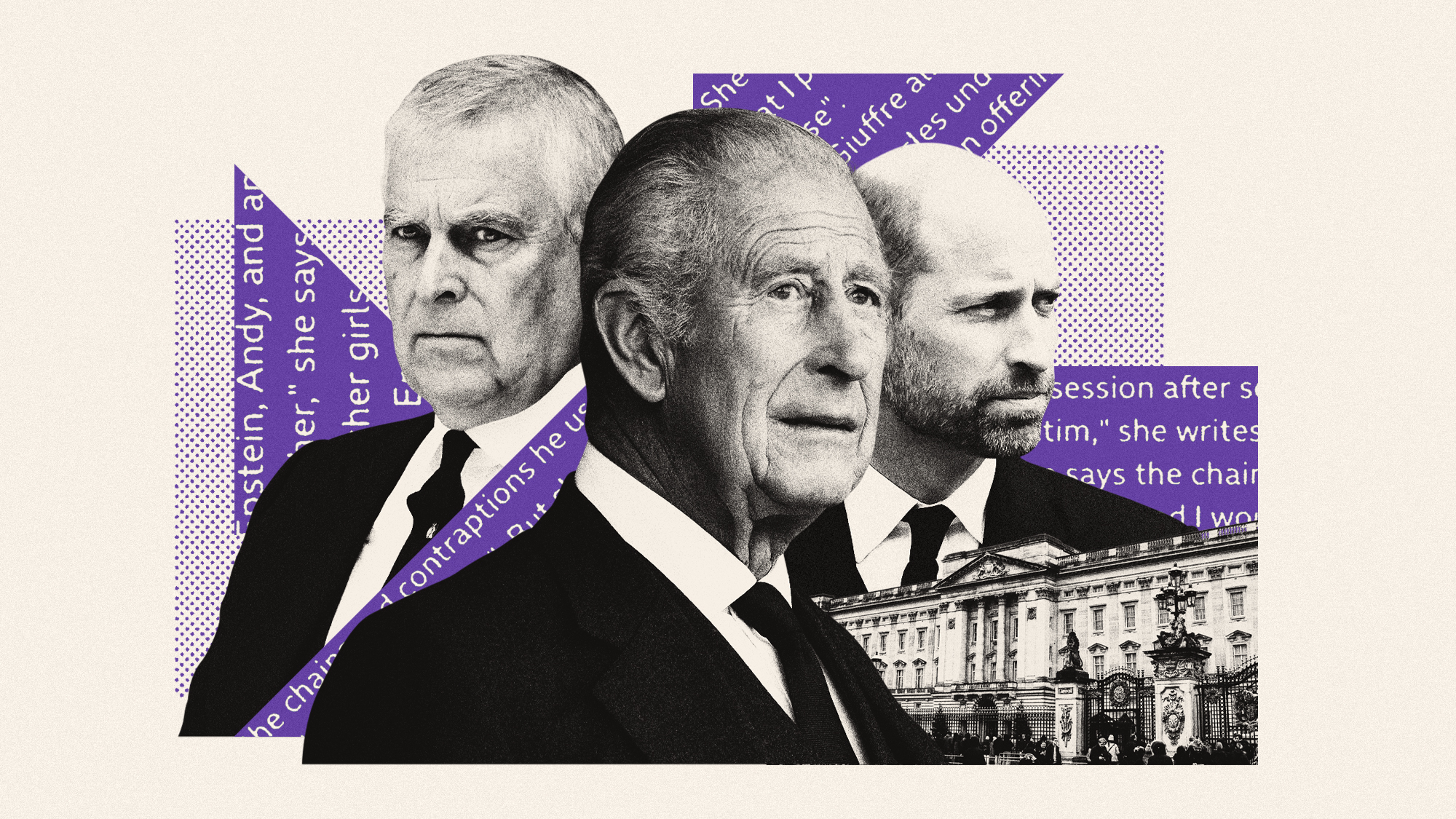 Prince Andrew: is the royal family doing enough?
Prince Andrew: is the royal family doing enough?Today’s Big Question King Charles faces calls for tougher action against Andrew after latest allegations about Virginia Giuffre and Jeffrey Epstein
-
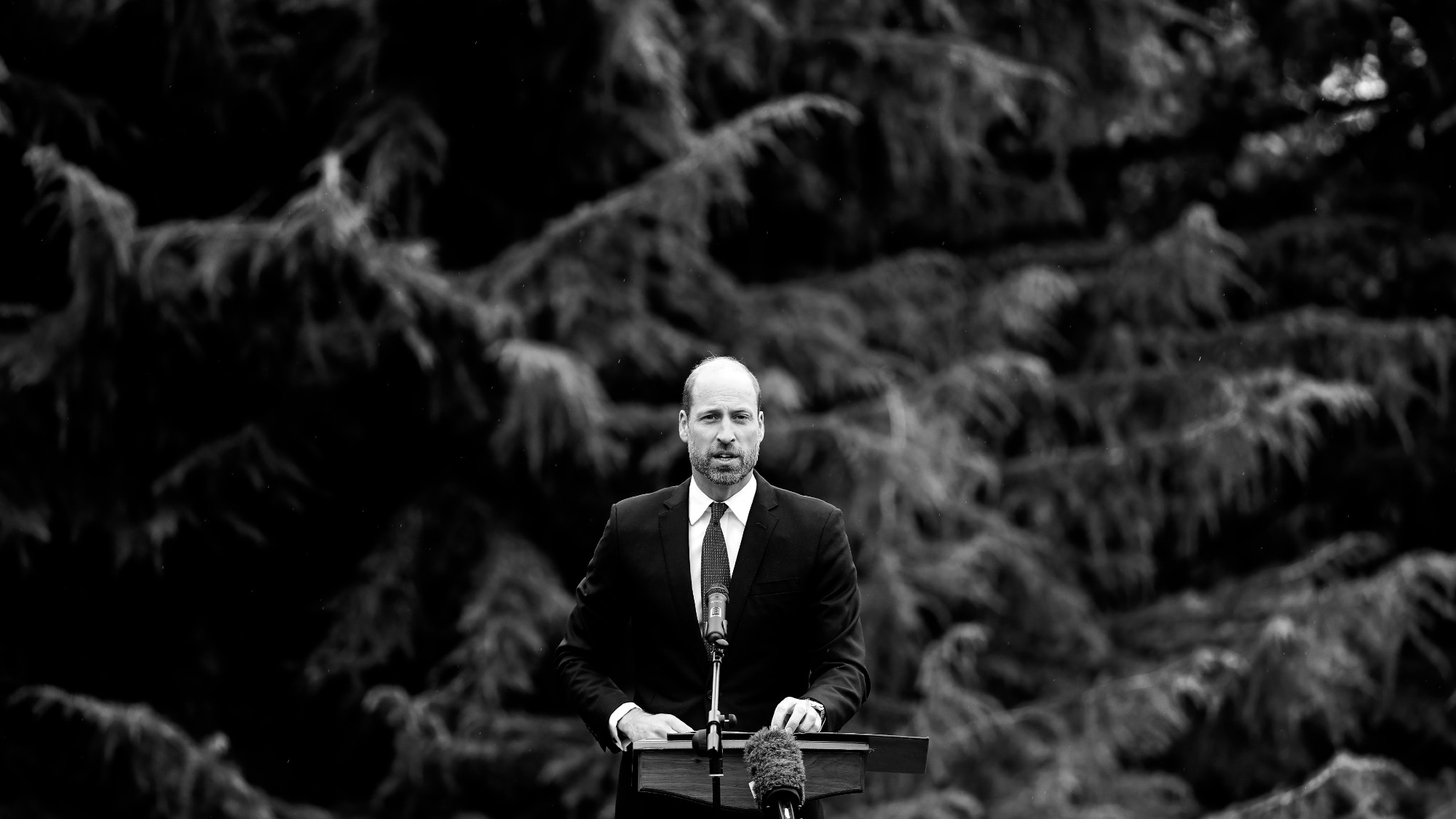 What will William be like as king?
What will William be like as king?Today's Big Question Prince of Wales said he won’t be ‘restricted’ by history when he takes the throne
-
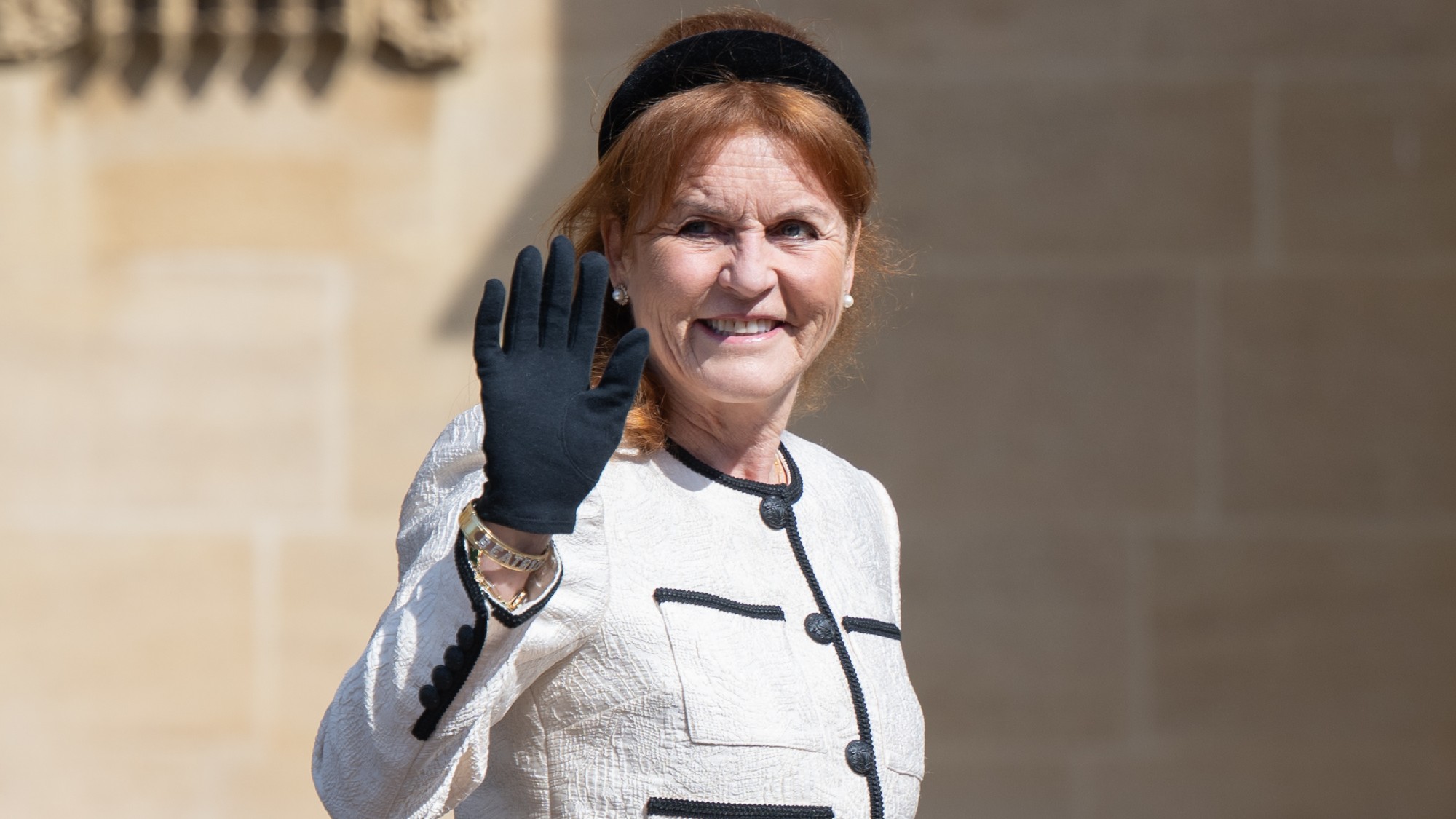 Sarah Ferguson: a reputation in tatters
Sarah Ferguson: a reputation in tattersIn the Spotlight After emails surfaced revealing ties to Jeffrey Epstein, weeks after she claimed to cut contact, her charities are running for the hills
-
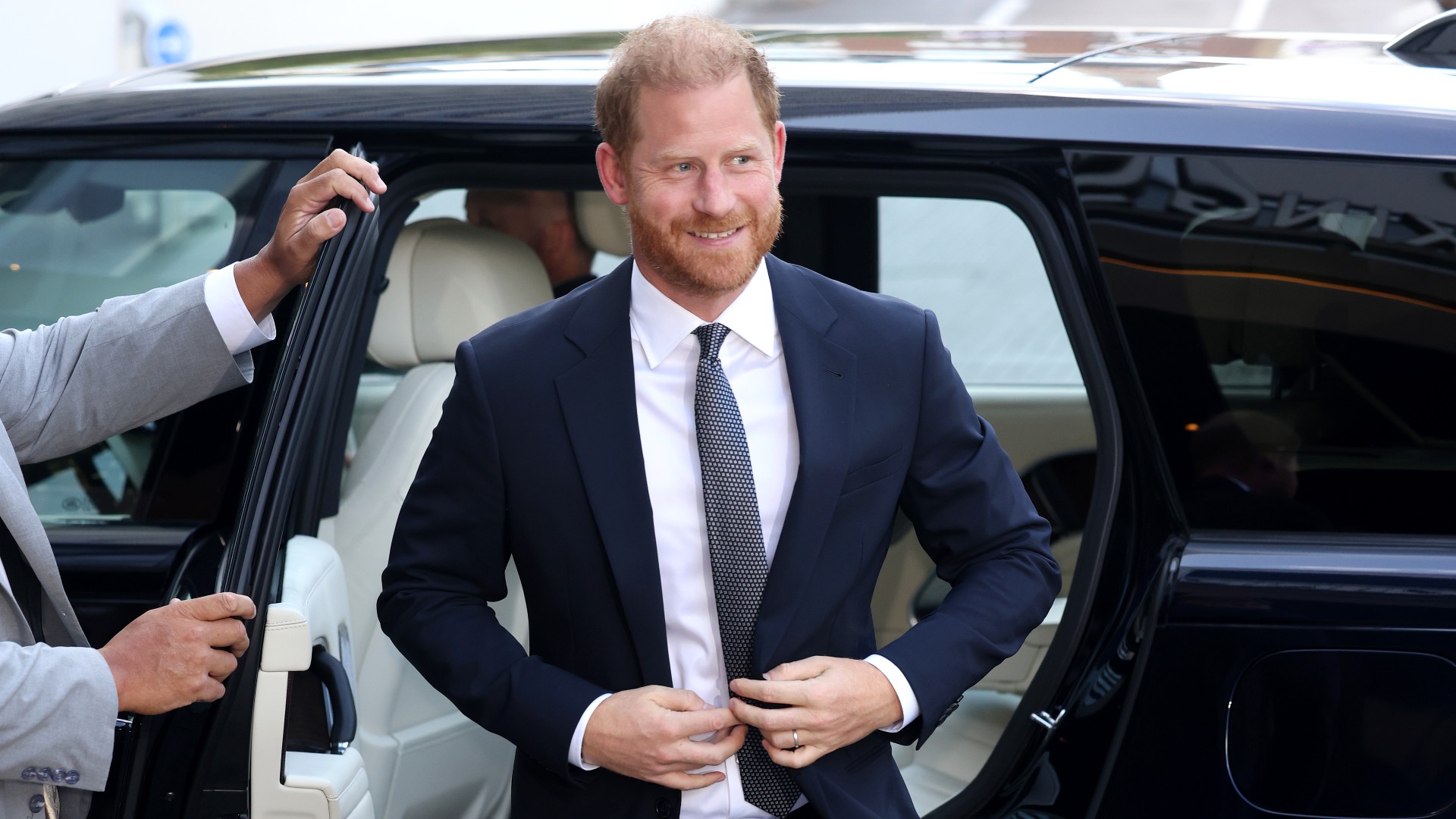 Prince charming: Harry’s tea with King sparks royal reconciliation rumours
Prince charming: Harry’s tea with King sparks royal reconciliation rumoursTalking Point Are the royals – and the UK public – ready to welcome the Duke of Sussex back in?
-
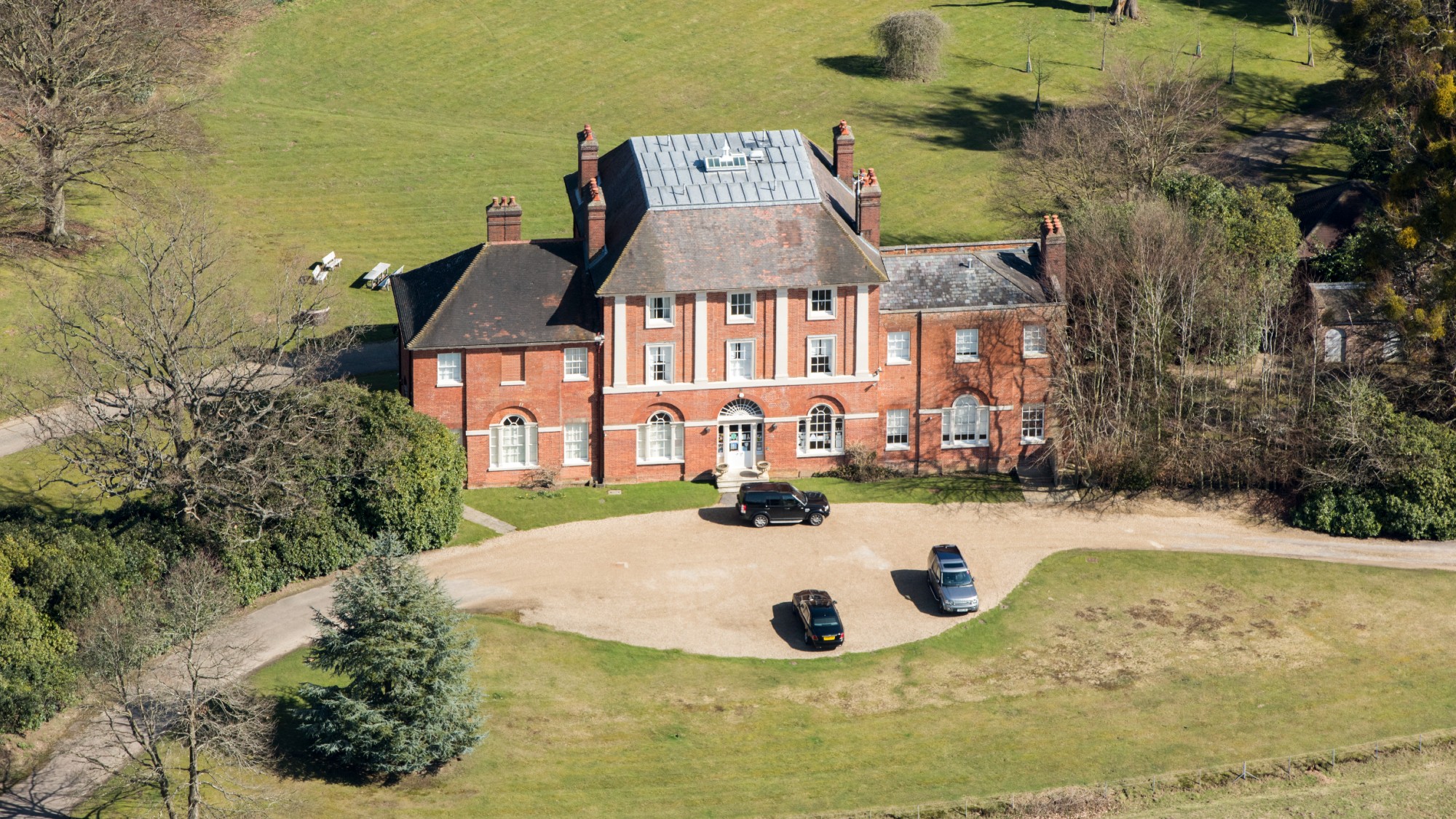 Forest Lodge: William and Kate's new home breaks with royal tradition
Forest Lodge: William and Kate's new home breaks with royal traditionIn the Spotlight Wales' said to hope move to 'forever home' in Windsor Great Park will 'leave unhappy memories behind'
-
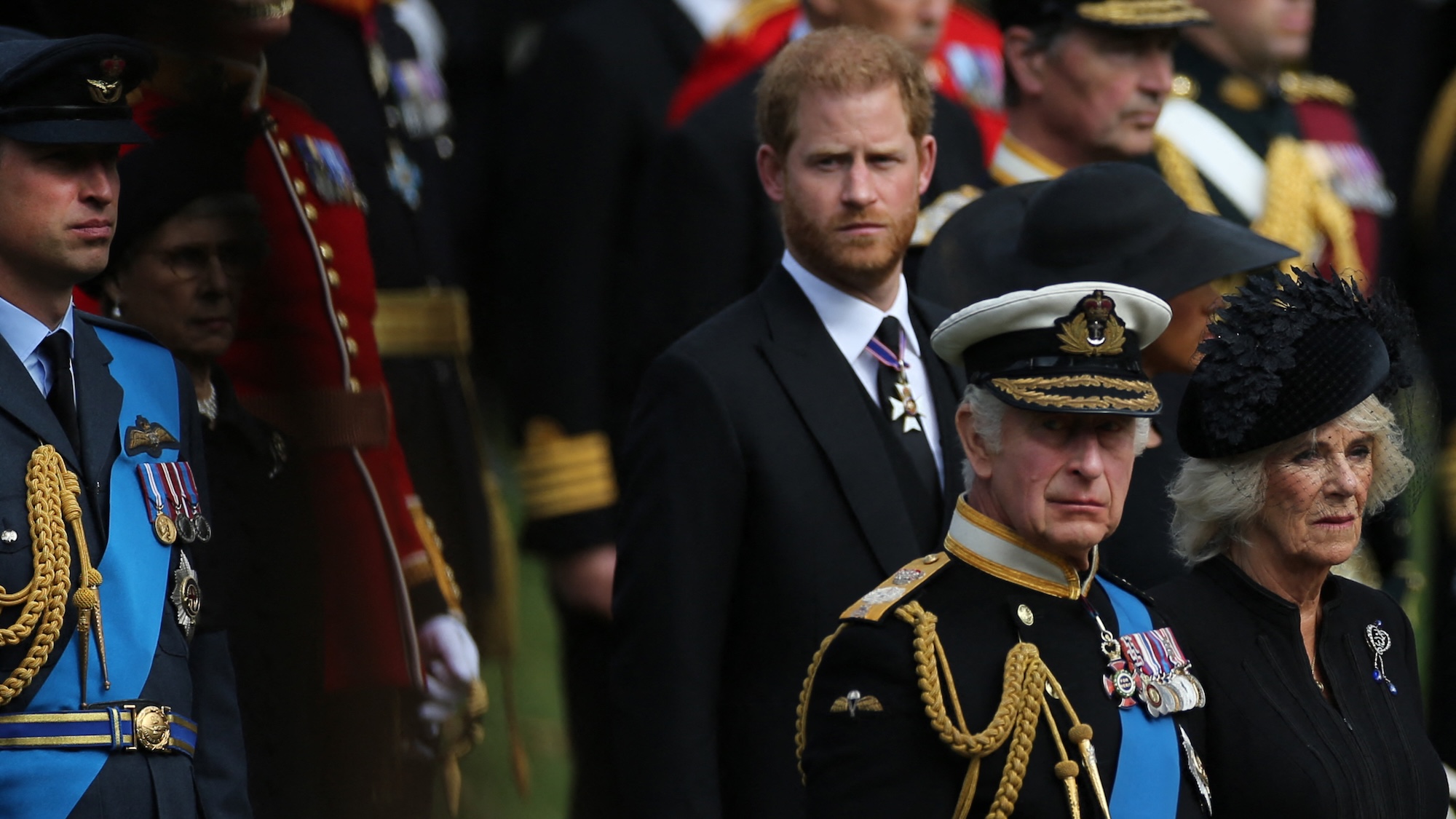 King Charles and Prince Harry: peace in our time?
King Charles and Prince Harry: peace in our time?Talking Point Leaked images of a secret meeting between royal aides suggest a dialogue is beginning to open up
-
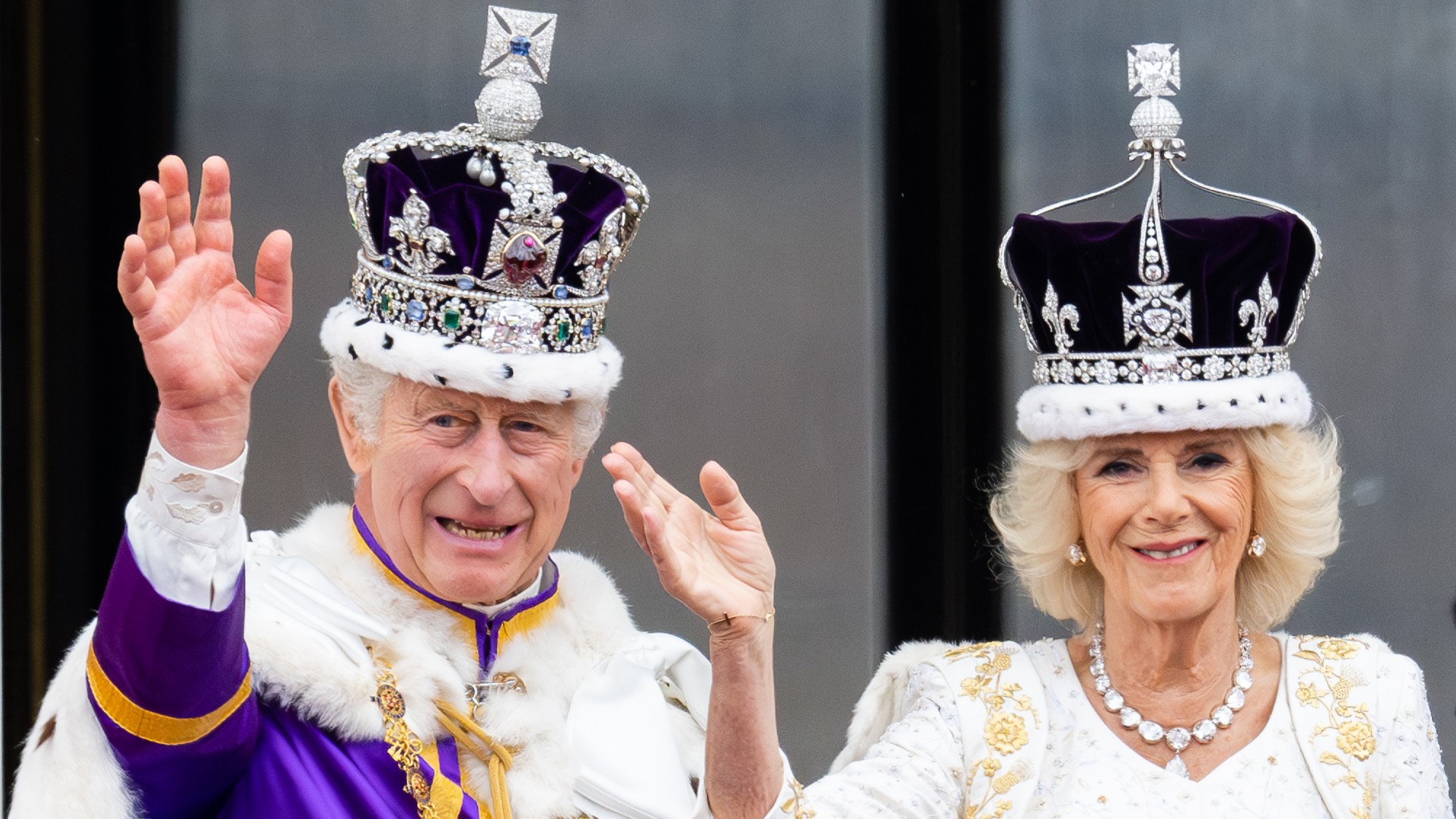 King Charles and the Sovereign Grant: how UK taxpayers fund the monarchy
King Charles and the Sovereign Grant: how UK taxpayers fund the monarchyThe Explainer Royals received £86.3m from government last year – and they are in line for a 50% increase
-
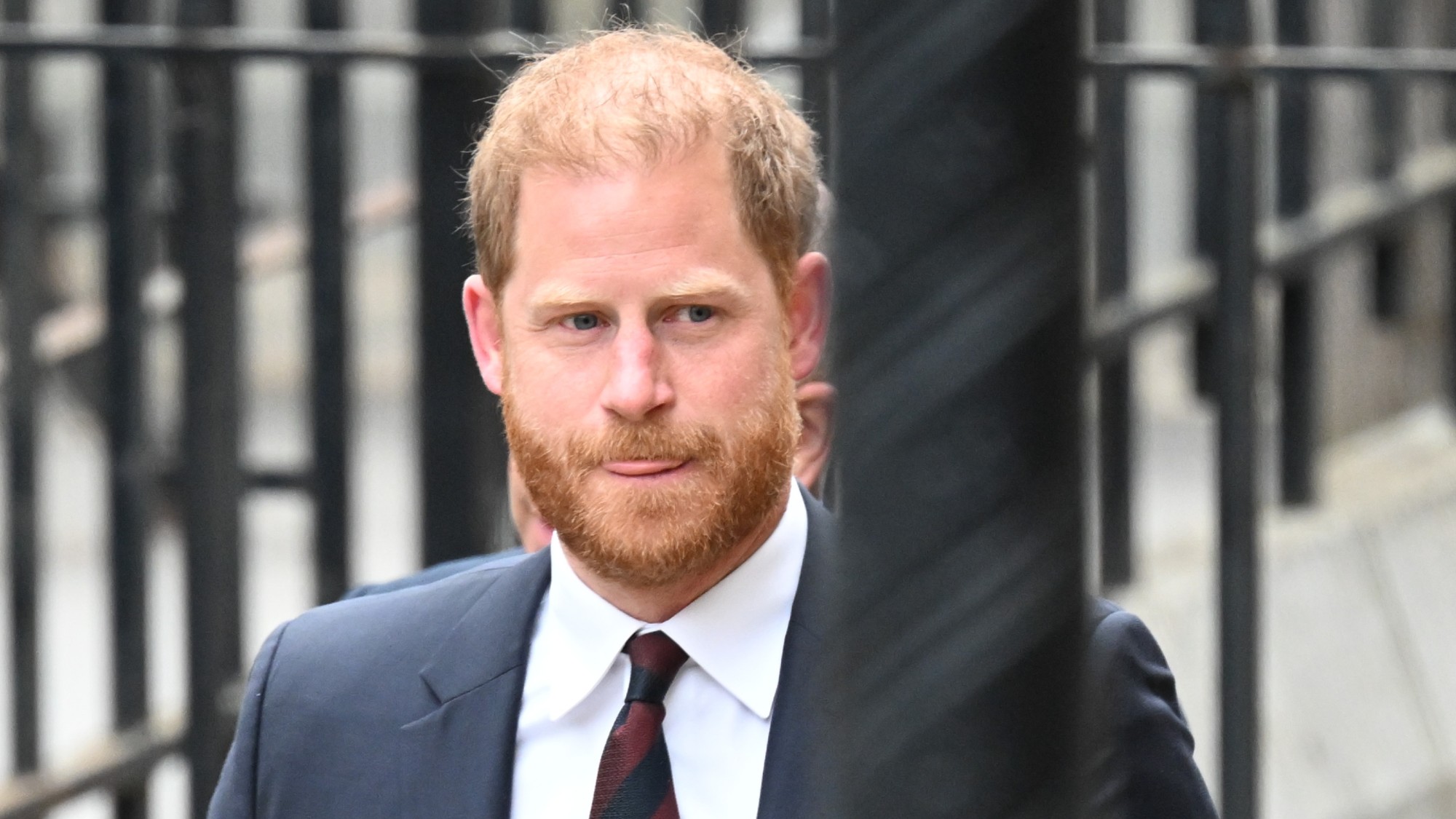 Prince Harry's 'bombshell' BBC interview
Prince Harry's 'bombshell' BBC interviewTalking Point Royal claims he is not safe to visit the UK and fuels speculation over King Charles' health in 'extraordinary' BBC interview